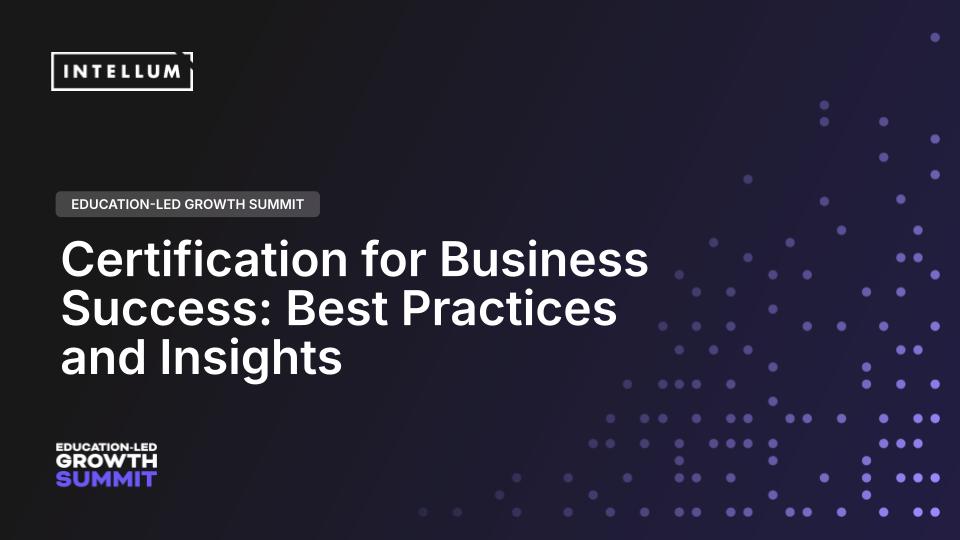Overview of the Webinar
The recorded webinar titled "Best Practices for Building Better e-Learning" effectively guided attendees through the process of elevating e-learning experiences. Audrey Morris, the webinar's host, ensured participants were set for an informative session by covering housekeeping details, such as recording accessibility and Q&A guidelines.
Gemma Nun, the head of Learning Design at Mint Interactive, outlined the essence of effective e-learning. She emphasized the pivotal role of understanding learners, the importance of curating precise content, and the critical benefits of incorporating an accessibility-first design approach. Gemma shared that through tools like Evolve, these best practices can be dynamically integrated into course designs to enhance learner engagement.
Key Learning Points
An initial silence-breaking argument Gemma presented was the significance of understanding the learner's environment. She highlighted the often-missed step of curating content tailored to learner needs against simply delivering content without context. “If we understand the problem, then we can design a more accurate and appropriate learning solution,” she mentioned, emphasizing the foundational role of problem understanding.
For content creation, developing clear learning objectives linked to learner demands was a focus. Through the entertaining lens of cat care training as a hypothetical project, she demonstrated how establishing detailed problem statements and learner analyses can anchor the creation of robust, learner-focused content.
Strategies for Effective e-Learning
Gemma addressed handling content requests with discretion. “We can create beautiful e-learning designs, but if the content is poor, all of these aesthetics are just gonna be like a bandage covering a bullet hole.” Such statements reinforced her view that rigorous content curation aligns learning objectives with the educational needs of participants.
She encouraged attendees to prototype course designs early to integrate accessibility from the outset, supporting enhanced design adaptability. Evolve’s features were showcased, including its accessibility-friendly tools optimizing mobile-first designs—vital for modern, on-the-go learners.
Leveraging Evolve for Accessibility
Evolve's compliance with modern accessibility standards dominated a portion of the session, reflecting Gemma’s passion. Particularly, she highlighted its W CAG level compliance that enables design strategies like mobile-first experiments and alt text usage for inclusive learning experiences. “Some accessibility is better than none,” she insisted, encouraging even elementary accessibility initiatives as vital steps forward.
Q&A Insights
Toward the close, the webinar transitioned to an insightful Q&A, where AI’s role in learning quality was debated. Gemma portrayed AI as a supportive tool, not a replacement for qualitative human insights, stressing the necessity of maintaining a fundamental human perspective in crafting engaging educational experiences.
This comprehensive session wrapped up with the enthusiastic encouragement for attendees to apply these multi-faceted strategies, featuring constructive engagement in the dynamic landscape of e-learning evolution. Attendees left armed with actionable insights and practical knowledge to implement in their respective e-learning frameworks.







